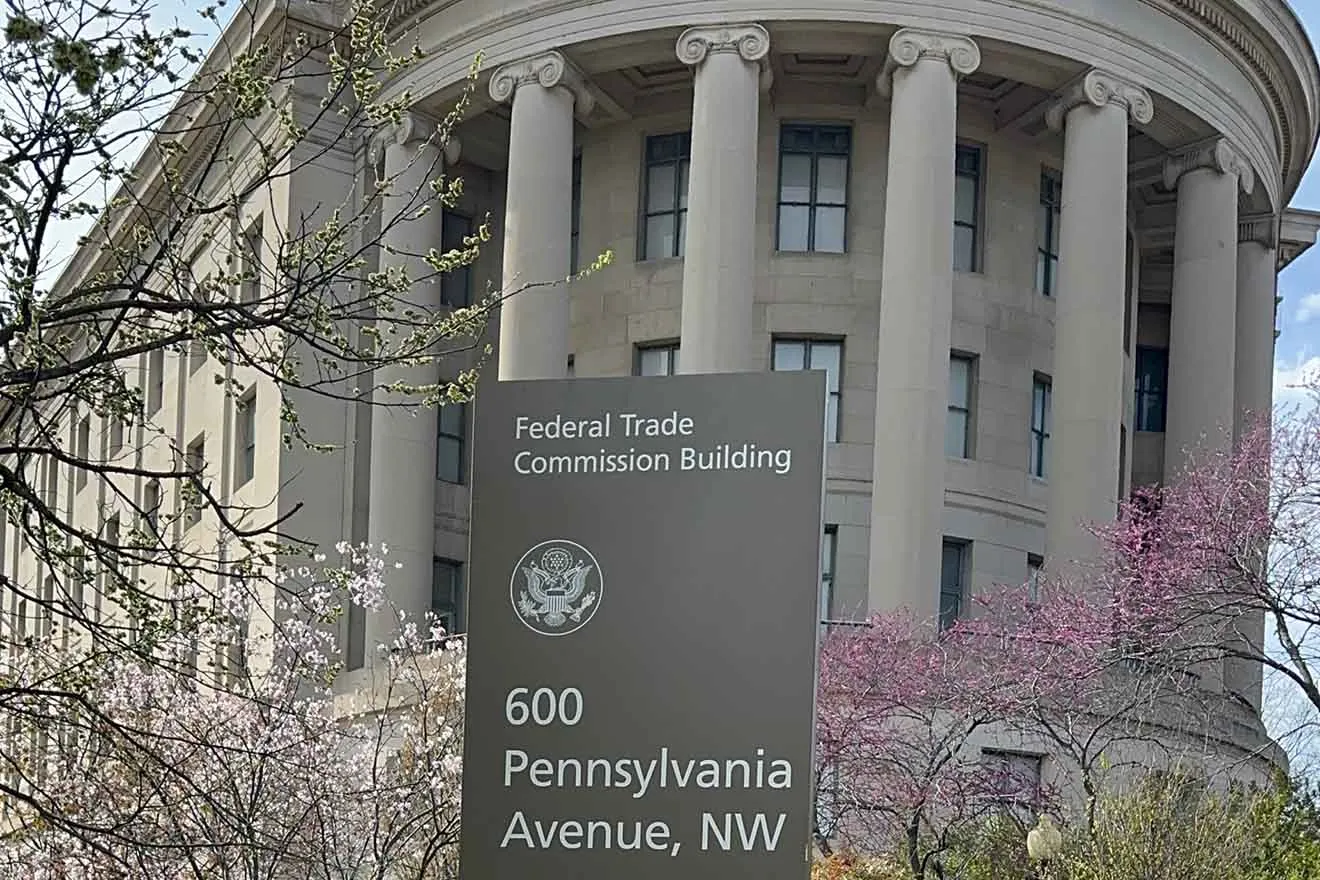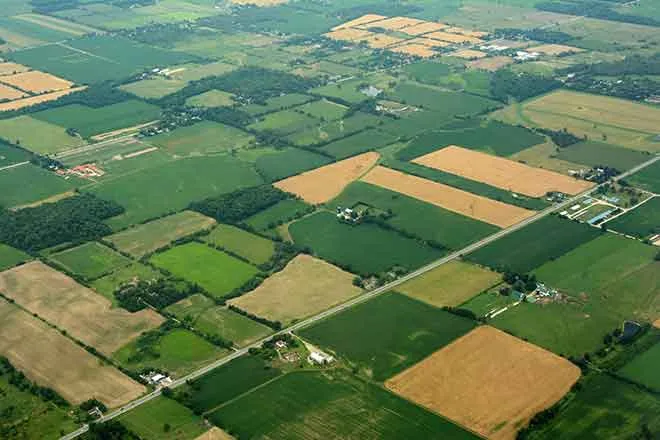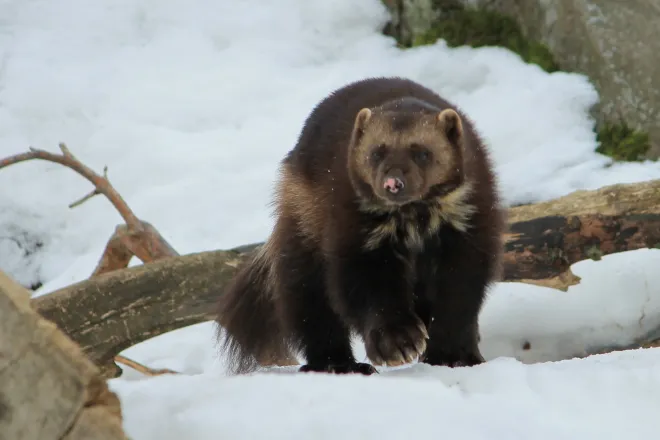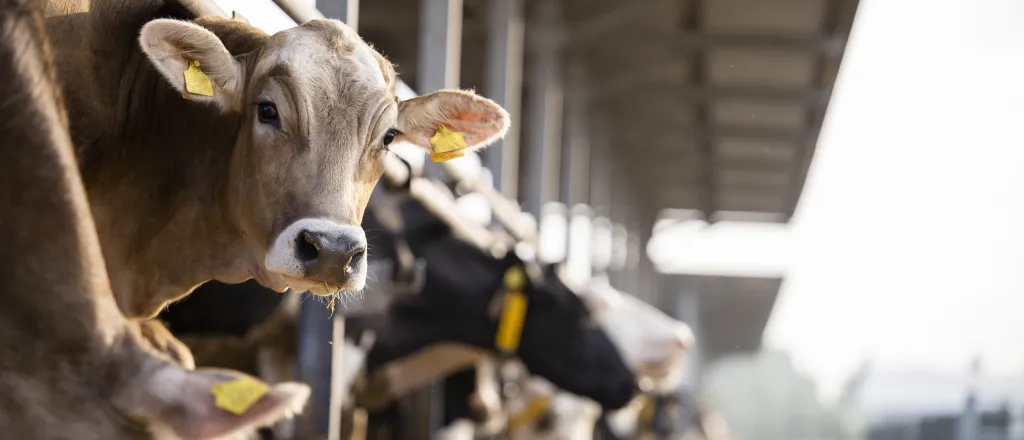
South Dakota poised to boost fees that help regulate CAFOs
© Smederevac - iStock-1470677566
Click play to listen to this article.
Rural communities in the U.S. remain at the center of debate about the growing presence of large livestock operations.
South Dakota lawmakers are considering boosting fees that help regulate these sites.
A bill making its way through the Legislature would update the fee structure for concentrated animal feeding operations, or CAFOs. These fees have stayed the same since the late 1990s.
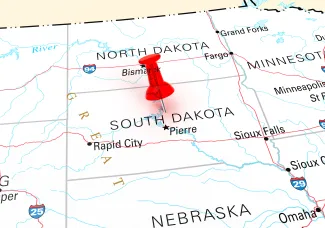
State agricultural leaders say as CAFOs expand, increasing permit revenue would help address gaps in paying for the oversight program.
Angela Ehlers, executive director of the South Dakota Association of Conservation Districts, said funds are greatly needed for technical assistance.
"Are the soils capable of handling the amount of fertilizer being applied?" asked Ehlers. "Is it being applied in the proper manner? So, it's that type of technical assistance. And if we're gonna provide a program, we need to provide the staff to carry it out properly."
The measure comes amid proposed budget cuts for the Department of Agriculture and Natural Resources.
Ehlers said without this program, regulatory work might have to shift back to a regional federal office. Some farm lobbyists say they don't like fee hikes but recognize the need.
CAFOs have become a sore subject in smaller communities, as residents push back over air and water pollution issues.
The tension surrounding CAFOs mostly involves operations with big animal herds. But Ehlers said they also need to regulate smaller sites, which can sometimes avoid regulation.
"One could have 50 head of cattle. Those cattle are standing in the creek all summer long, doing what cows do naturally," said Ehlers. "And smaller CAFOs need the permit fee so that they can guarantee they're not polluting a very special stream that may be the water source for the town just down the road."
South Dakota's secretary of agriculture says there are now nearly 430 CAFOs permitted within the state.
The bill, which has cleared the House and now awaits Senate action, saw a compromise added to ease concerns from farming interests.


